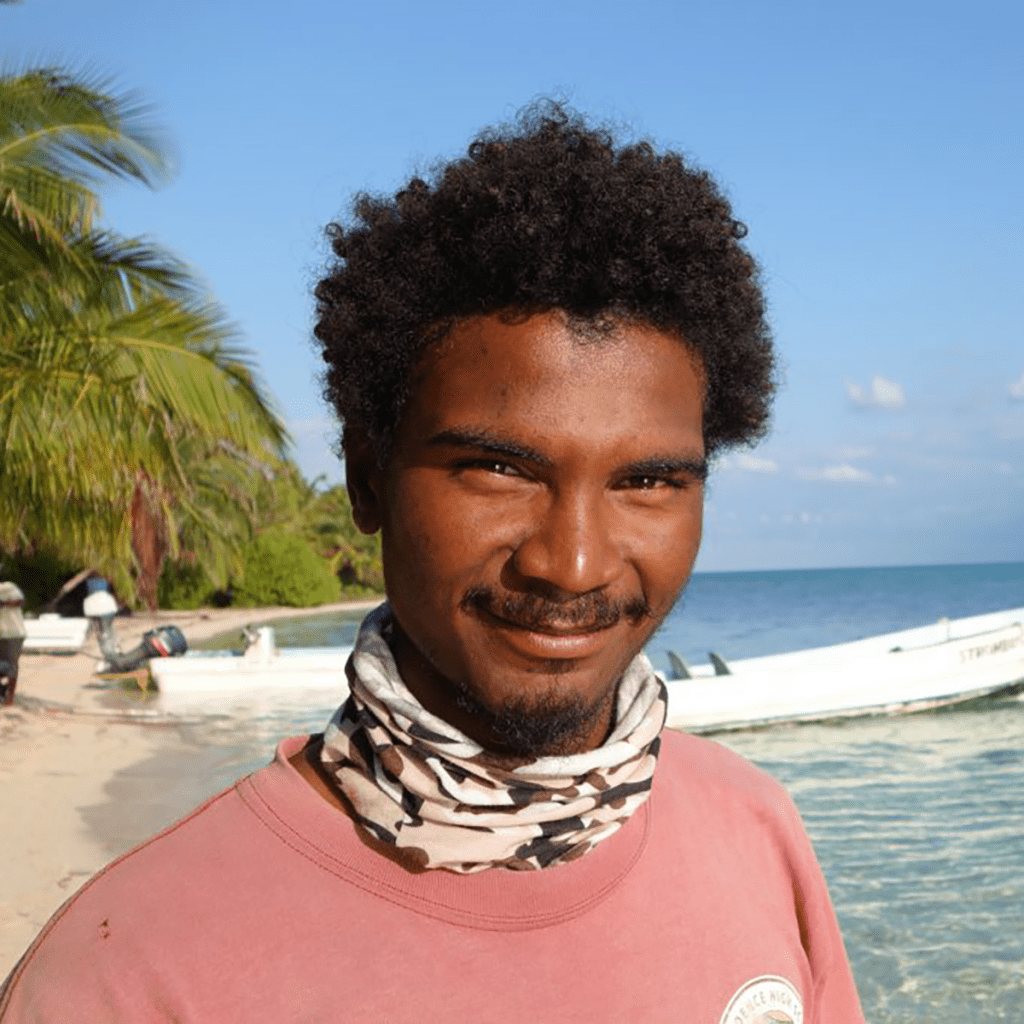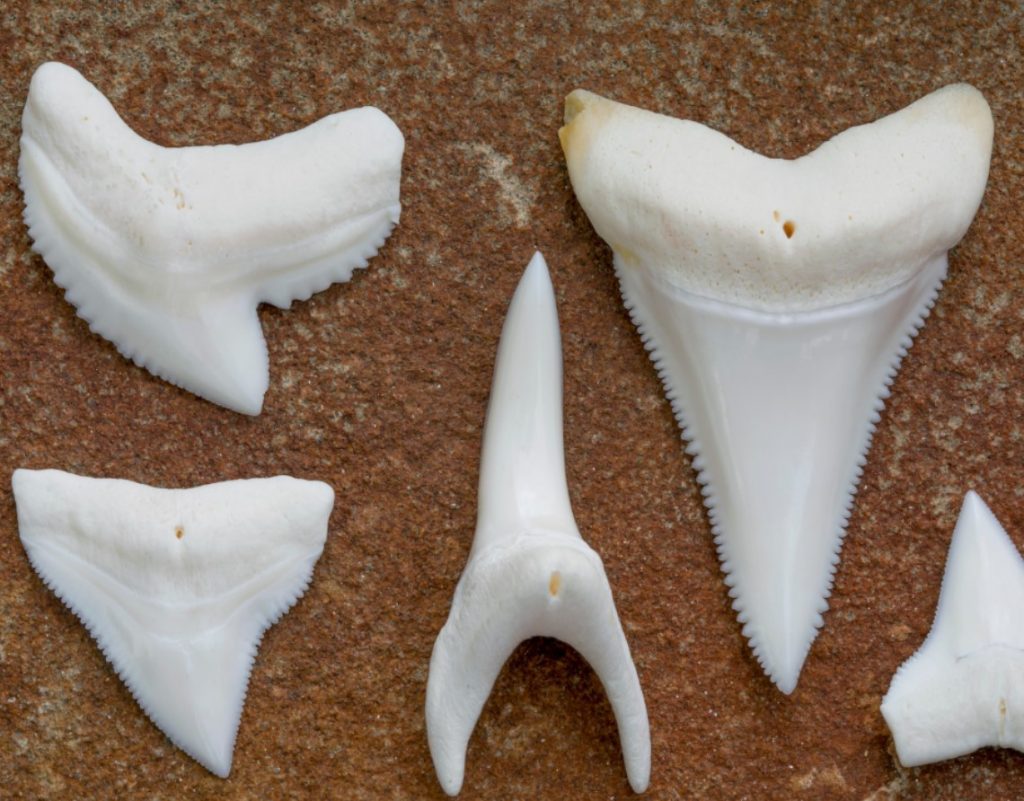
When Evan Cuevas grew up in the small un-electrified village of Monkey River in southern Belize, he never dreamt that he would become a trainer in good fishing practices. But that is exactly the journey this young lobster fisher embarked on earlier this year when he travelled half way around the world to the island of Pohnpei in the Federated States of Micronesia. Although Evan had been working with MarAlliance as a monitoring research assistant, his freediving prowess and canny lobster-seeking acumen came to the attention of Dr. Kevin Rhodes, MarAlliance’s Small Scale Fisheries Coordinator. Dr. Rhodes was seeking just the right person to train Pohnpei’s local fishers in methods to improve the sustainability of the country’s lobster fishery. Although we promote fisher exchanges between several countries where we work, this was an unprecedented exchange due to the distance traveled (more than 12,000 km!) and because the exchange focused on lobster and not sharks. We have learnt over the course of years that the conservation of large wildlife is often more successful when local needs and priorities are addressed first, and linkages between the health of wildlife and other species stocks are defined.
After a discombobulating trip across several countries and even more time zones, Evan met with the leaders in the fishing communities in Pohnpei and presented the story of lobster fishing in Belize. Evan was surprised to find many similarities between Belize and Pohnpei, as both countries have experienced declines in lobster stocks due to overfishing driven by rising demand. To protect the country’s most valuable fishery, Belize established a closed season and size limits and is now promoting the capture of live lobster through the use of the simple loopstick to reduce the capture of gravid females and undersize animals. Land based training with 40 of Pohnpei’s top traditional fishers focused on the making and use of loopsticks then rapidly transitioned to the sea. The fishers introduced Evan to stunning Pacific corals and reef fish that outshine their Caribbean cousins, while he showed them how to fish effectively with the new and more sustainable gear type. The exchange demonstrated that traditional fishers targeting the same resources don’t have to reinvent the wheel and a path to greater sustainability in the fisheries can be achieved through fostering peer to peer exchanges, in turn creating a vibrant network of traditional fishers across regions. We hope to support exchanges between fishers from Cabo Verde and the MesoAmerican Reef next as the west African fishers seek to organize themselves and become involved in the management of their fisheries.
We want to thank the fishers of Pohnpei for organizing the training, and Dr. Melissa Giressi who hosted Evan in Hawaii during his trans-Pacific journey.



